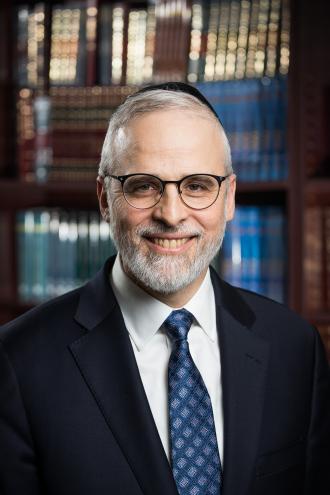The Baltimore Board of Estimates voted unanimously Thursday morning to approve the Consent Decree agreement for the Baltimore Police Department.
A source familiar with the agreement said some may see its mandates as incremental, but added they will help change police culture.
At a Wednesday morning event in Waverly, Mayor Catherine Pugh illustrated the imminent signing of the consent decree for the Baltimore Police Department by holding her fingers closely together and saying: "We're that -- Can you see though there? -- We're that close."
Later, notice came of a special meeting of the Board of Estimates to sign off on the agreement, followed by a news conference with the mayor and U.S. Attorney General Loretta Lynch.
A City Hall aide said there's nothing in the consent decree to expect that's far-reaching. Instead, he called its mandates standard.
Baltimore police already are deploying body cameras and have increased training. The consent decree will likely require better tracking of problem officers, more documentation of citizen interaction and use of force reporting.
Pugh acknowledged on Wednesday that the consent decree cannot deliver putting citizens on disciplinary trial boards, which is specifically barred by the police union contract. Union negotiations continue.
"I'm not in the habit of breaking negotiated contracts," Pugh said.
The U.S. Department of Justice issued its report on the Baltimore Police Department in August, documenting a pattern of unconstitutional, abusive and biased practices.
The deal comes after furious negotiations to beat the inauguration of President-elect Donald Trump next week. At a confirmation hearing Tuesday, the president-elect's nominee for attorney general, Jeff Sessions, indicated little support for the use of consent decrees, saying they unfairly smear whole departments.
The consent decree will be filed in federal court, and an independent monitor will be appointed to oversee it. The city was able to negotiate a cap on the expenses that be charged by the independent monitor, which will be part of the costs to the city.
Lynch will follow the announcement with a Capstone speech "on community policing, outlining the Justice Department's efforts to highlight collaborative programs and policing practices in jurisdictions around the country that are dedicated to advancing public safety, strengthening police-community relations and fostering mutual trust and respect."















